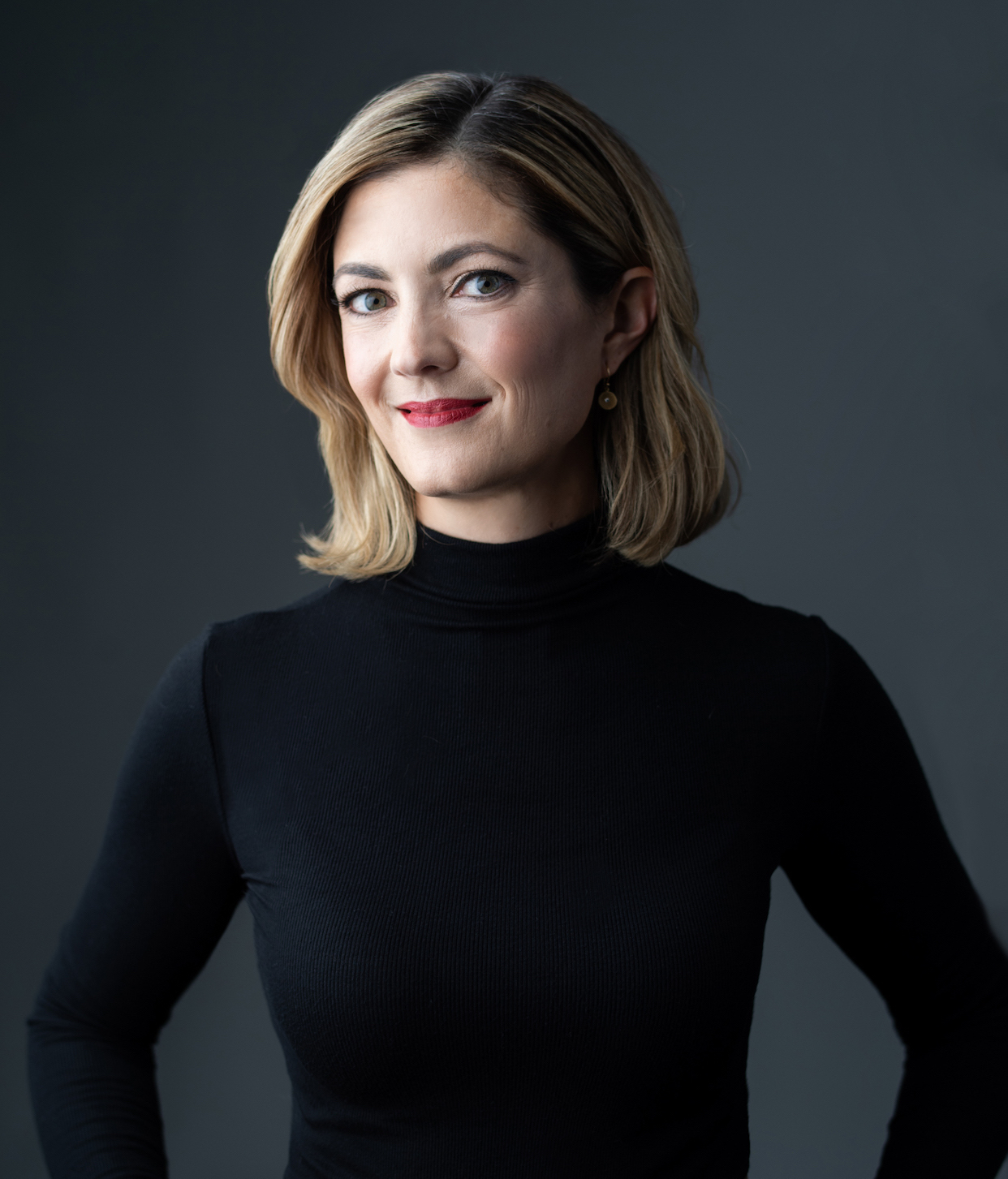
A conversation with Elizabeth Rowe - principal flutist of the Boston Symphony Orchestra
A two-part interview with Elizabeth Rowe discussing various aspects of her creative life during the pandemic. Aside from her acclaim as a performer, teacher, and mentor to creatives of all ages, you may recognize her from international headlines in 2018 when she shed light on pay practices in the classical music industry by filing an equal pay lawsuit against the BSO.
I had the pleasure of speaking with Elizabeth earlier in October, and I am thrilled to share a condensed version of our conversation, which left me optimistic and inspired. In this first part of the interview, we discuss the ways that the pandemic has impacted her attitude towards playing the flute and reaffirmed her belief in the importance of living a balanced life. She shares advice about coping with this time, as a human being and as a practicing musician, as well as a list of some of her favorite books, movies, and podcasts!
In the second part of the interview, available here, we delve more into her new projects, particularly the Facebook community Seeing Beyond the Notes and her coaching practice, discussing what’s driving her and giving her purpose.
Like many musicians, Elizabeth’s approach to her instrument has fluctuated in the six months since the pandemic started.
I spent periods of time not playing my flute, exploring what that would feel like. Part of me was leaning into the opportunities presented by this experience, and part of me was testing the fear factor of “what happens? How out of shape will I get? Will it be permanent?”
Finding a way to relate her musical voice to the larger issues right now ultimately helped her reorient herself towards making music. For one of the BSO’s summer broadcasts in their “Tanglewood Presents” series, Elizabeth was thrilled to perform Allison Loggins-Hull’s piece for solo flute entitled “Homeland.”
Like many of us, I’m deeply invested in the racial justice movement that’s happening across the country, and I’ve been thinking a lot about serious issues – issues much bigger than me or my flute playing.
“Homeland” touches on important themes of identity and belonging. Performing it helped me find a way to connect my artistry to something that felt relevant and grounded in what’s happening today…and this helped me reconnect to my love of music. It reminded me of the ways in which music can be, and should always be, relevant to the real world. Since then, I have been able to make a renewed commitment to practicing daily and staying connected to that piece of myself.
An encore presentation of her performance will be available online from November 12-19.
Elizabeth admits that, like many of us, she has at times felt lost without having deadlines to drive her musical practice. For others struggling to find purpose in their playing without schedules or deadlines, she suggests trying to frame your practice to be more process oriented rather than outcome oriented.
I’ve learned that when you pick up your instrument, it can be helpful to shift your mindset from the habitual “what must I accomplish today to meet an external deadline” towards “how do I make this process feel healthy,” or “how can I simply enjoy the music,” or “how can I take advantage of this time to go really slow, listen to my music making with fresh ears, and be fully present for that.”
Rather than “I have a deadline, I have to get going” we can reorient ourselves towards the process itself. This shift can be hugely beneficial for when the world picks back up again, since this mindful approach to practicing is surprisingly efficient. So, if you just want to be practical about it, it’s a great approach to take no matter the circumstances.
Shifting her mindset, while difficult, has helped her to see practicing not as a means to an end, but instead as time spent doing a thing that she loves.
This time period has also given her clarity on the importance of nurturing one’s whole-self.
For many of us, this time has exposed the ways in which our lives aren’t as balanced as might be ideal. We each have so many elements that make us who we are – professional work, personal lives, relationships, other passions and hobbies. But musicians, for very good reasons, often allow our commitment to our profession–our aspirations and our genuine love of music – to occupy such a large portion of our identity that when it goes away, it leaves a huge void.
Something I have been helping others with, and focusing on myself, is making sure that we are filling up all those other areas of our lives really well. This way, if any one aspect of our lives encounters an unexpected roadblock, we have those other parts of ourselves that are still thriving and can allow us to withstand whatever is disrupted elsewhere. We’re more resilient and not so dependent on any one part of our life to give us everything that we need.
For Elizabeth, “filling other areas of her life” include her advocacy and coaching work, as well as making time for things she loves to do, including walking her dog and being outside, spending time (safely distanced) with friends, and unabashedly enjoying books, movies, and podcasts of all types. (Make sure you read to the end of this post to see a list of her favorites!)
In terms of navigating life as the pandemic goes on, Elizabeth reminds us that these are incredibly difficult and not normal times.
Be kind to yourself – we have a tendency to be judgemental about our own response to this pandemic.
Everybody is going to experience this in their own way, and there’s not a right way to go about it. It’s important to guard against the self-judgement or the shame that can sometimes come with thoughts like “I’m not taking advantage of this time,” or “I haven’t found my calling,” or “I haven’t found that purpose,” or “I don’t know what is meaningful.” This is all okay and normal!
She guards against getting sucked into the feelings of “I should…” and places great importance on the distinction between observation and judgement in noticing our reactions to the pandemic. (To her, this is also a vital part of maintaining a healthy mindset as a musician, but more on that in part two of the interview…)
We can ask ourselves “are we observing, or are we judging?” The more we can practice observation, and release judgement, the better.
For anyone struggling with finding a sense of purpose or energy, she adds that finding a fun way to recharge can be the most important thing you can do for yourself, even if it feels frivolous or irrelevant at the time.
Many of us tend to think we can fix anything with sheer willpower and determination. But willpower and determination alone cannot fix the exhaustion caused by this pandemic and the isolation we’re experiencing. So we have to look for other ways to recharge our batteries. I highly recommend finding something joyful and even silly that you can do on a daily basis – playing with your dog, or singing in the shower, or telling knock-knock jokes to a kid. Sometimes we think that all that “silly stuff” isn’t meaningful, or isn’t connected to the “important” energy we need for “important” things. But taking time for that silly stuff recharges our batteries, and it’s often the most valuable tool we can offer ourselves when we’re depleted.
If you’re looking to explore new ideas, recharge, or just need a distraction, take a look at Elizabeth’s recommendations:
Books
On mindset: Self-Compassion, the Proven Power of Being Kind to Yourself by Kristin Neff, along with its really terrific companion workbook
Nonfiction/memoir: I Know Why the Caged Bird Sings by Maya Angelou
Fiction: My Brilliant Friend and the other Neapolitan Novels by Elena Ferrante
Podcasts
On mindset: “Unlocking Us” with host Brene Brown
Nonfiction: “1619 “with host Nikole Hannah-Jones
For fun: “Dolly Parton’s America” with host Jad Abumrad
Movies
Documentary: “13th” by director Ava DuVernay, exploring the history of racial inequality in the United States
For fun: Too many to name! Everything from “Rear Window” to “Some Like it Hot” to “Clueless” to “Rocky” to “Moonstruck” to “The Wizard of Oz” to “Get Out” to “Black Panther” and the latest Wonder Woman movie…I love them all!
For more on Elizabeth and what’s driving her right now, check out Part 2 of this interview, sign up for her occasional newsletter, or visit her at www.iamelizabethrowe.com.

Elizabeth Rowe is the principal flutist of the Boston Symphony Orchestra. She is a professional coach, a teacher, a social justice advocate, and a public speaker. After she took a stand to demand equal pay from her employer in 2018, The Boston Globe honored her as a Bostonian of the Year, calling “The Fighter.” Her ongoing commitment to opening up dialogue about complex subjects led to her TEDx talk, The Lonely Onlys, where she shared her personal story of learning to embrace the powers of imagination and vulnerability to create connection and community. Elizabeth’s coaching practice supports creative people of all types as they work to achieve their biggest vision for their personal and professional lives, while remaining true to themselves.
Double Bassist Andrea Beyer is an avid performer, teacher and advocate for using music as a tool for social growth. As an orchestral musician, Andrea has performed in concerts at Carnegie Hall and Lincoln Center, as well as national halls in Central and South America and Asia. A fellow at the New World Symphony from 2017-2020, she gained a passion for creative concert design when she conceived of and presented concerts geared towards new audiences, including “Face-off: Battle of the Instruments” and “Music from Beyond the Wall.”
Outside of the orchestral world, Andrea is a passionate teacher and is on the faculty of Bass Works, a summer double bass program in Baltimore, Maryland. She is also the Public Relations Director and a Workshop Coordinator for the MusAid Organization, which supports music programs in under-resourced countries with volunteer music teaching workshops. Andrea holds a Bachelors Degree from Oberlin Conservatory where she studied with Thomas Sperl and a Masters Degree from Yale University where she studied with Don Palma.
Currently based in Austin, Texas, you can connect with Andrea at andreabeyerbass.com or find her on Instagram @wandering_bassline.

